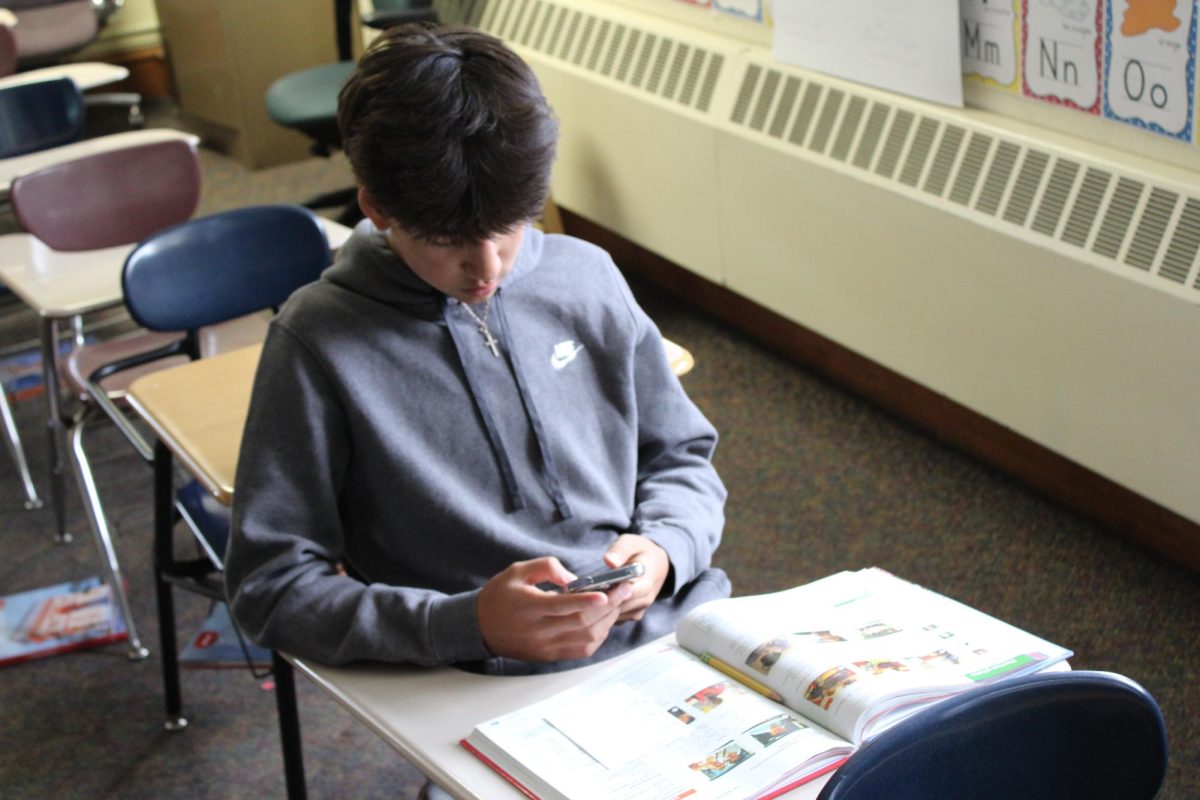As temperatures have begun creeping lower and winter is dragging on, viral sicknesses have been on the rise across Nebraska and the country.
The name “quad-demic” first gained popularity through social media due to the rise of influenza (flu), COVID-19, respiratory syncytial virus (RSV), and norovirus, simultaneously.
As of Jan. 4, 2025, the Center for Disease Control and Prevention (CDC) has estimated at least 9.1 million instances of the flu. (All numbers are estimates because it is impossible to conclusively know the exact number of people who were infected.)
Symptoms of the flu, COVID-19 and RSV tend to be similar as they are all respiratory viruses. A cough, sore throat, and a stuffy nose are common symptoms.
Norovirus, however, is more commonly known as the “stomach flu.” Norovirus can be much more intense with common symptoms such as vomiting, diarrhea, and nausea.
They can all be accompanied by a fever and general body aches.
The return of students from winter break also signals the peak of cold and flu season. It is common to see a spike in illness after the holiday season, which intersects with the start of the second semester.
“I got sick over winter break when I went out to celebrate for New Years,” junior Norah Thapa said.
Thapa ended up missing the entire first week of school after break and explained that catching up on schoolwork was hard and that she feels behind in all her classes, especially the Advanced Placement classes.
Missing school for anything can have drastic effects on a student’s academic performance. Even if a student is gone one day every other week, by the end of the school year that could add up to almost a month of absences.
Central school nurse Sierra Kloth emphasized the fact that sickness is simply a part of being human, but a slightly runny nose does not mean you need to go home. “If you’re running a fever, yes, please stay home,” Kloth said.
School nurse Shelby Danker said, “If you are sick, take that responsibility to prevent the spread.”
School, however, is not the only commitment teens miss out on if they are under the weather.
“I was not able to go into work for my shifts,” junior Josie Maglicic said.
Maglicic was sick at the same time as Thapa and suspected she had norovirus or influenza.
According to the Bureau of Labor Statistics, just over one in three teens aged 16-19 are employed. Calling out of work can be stressful and result in punishment from employers if they are unable to cover their shift.
Kloth and Danker explained that symptom management is the most important aspect of getting over a virus. They encourage staying hydrated, getting plenty of sleep and giving the body time to heal, and eating nutritious food.

















